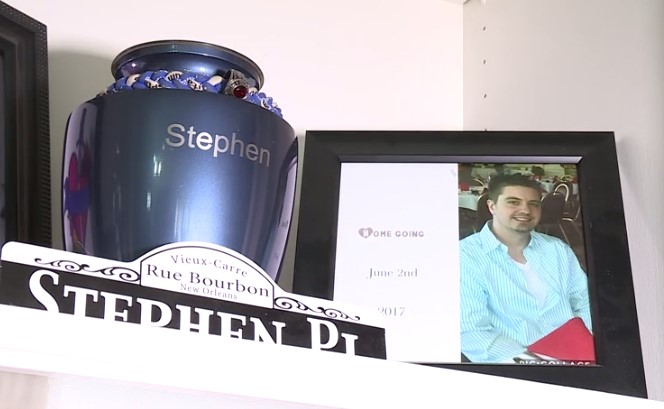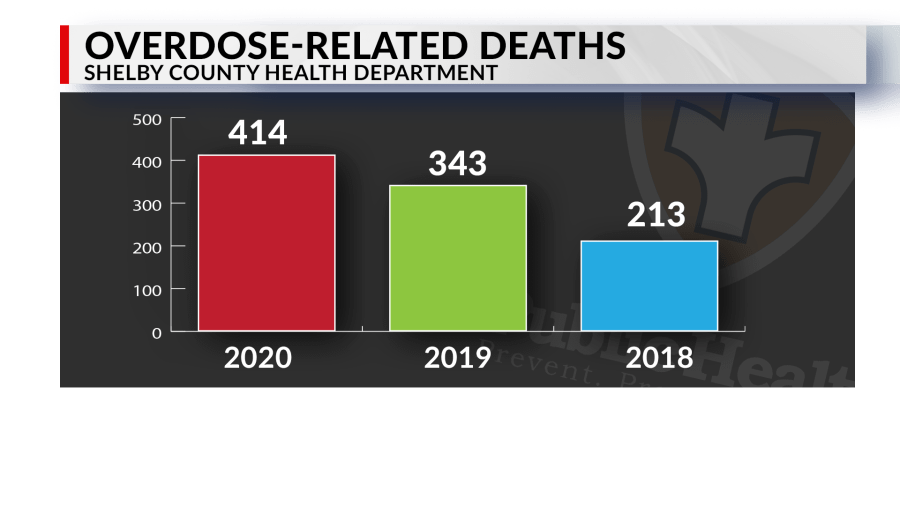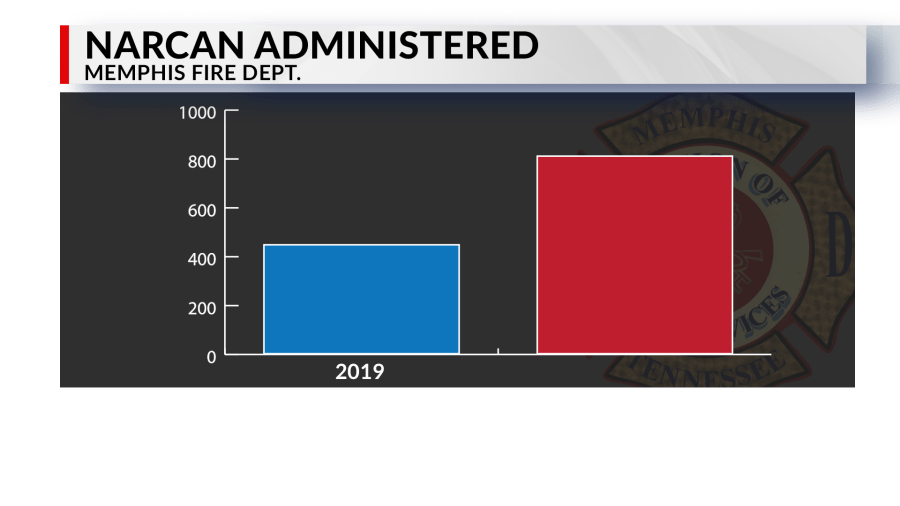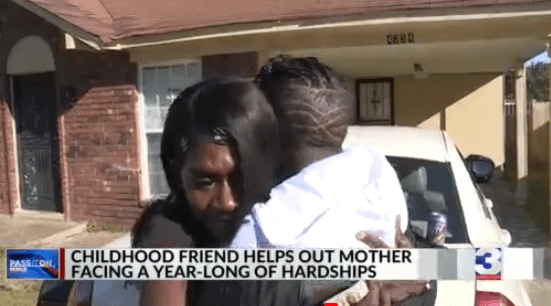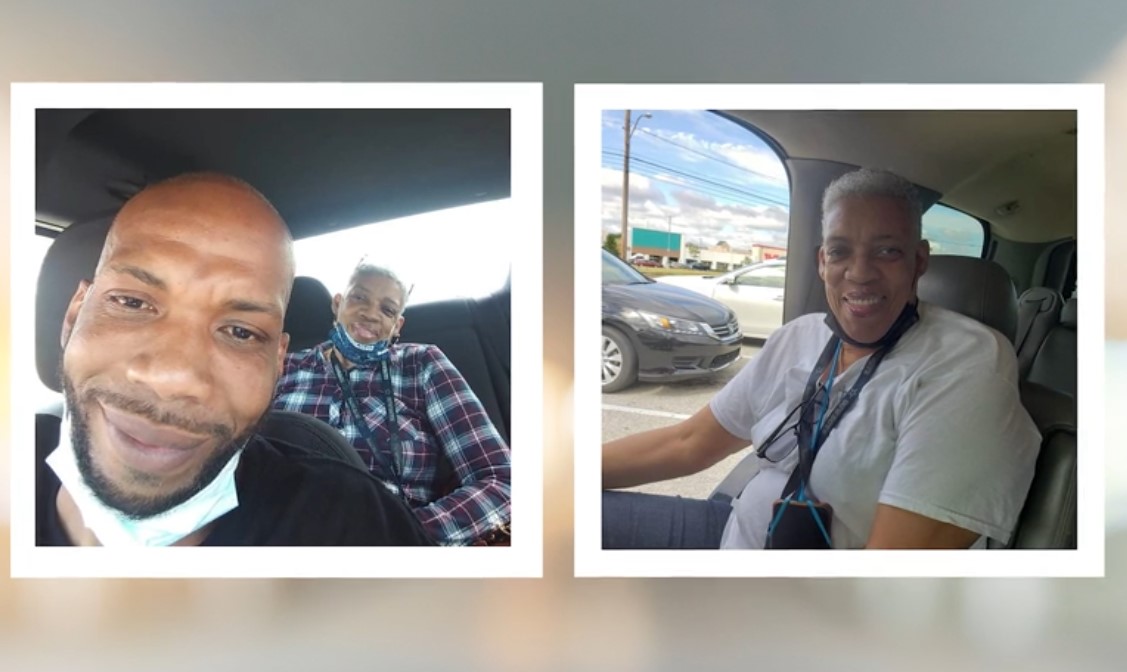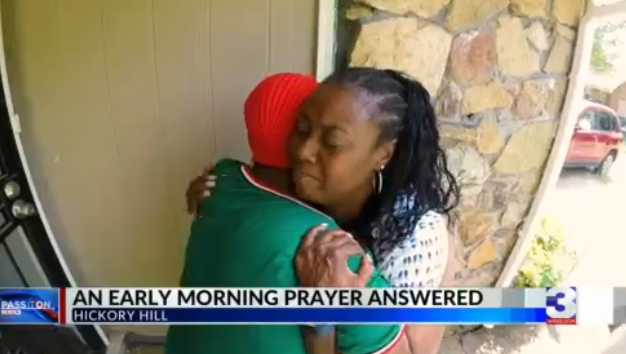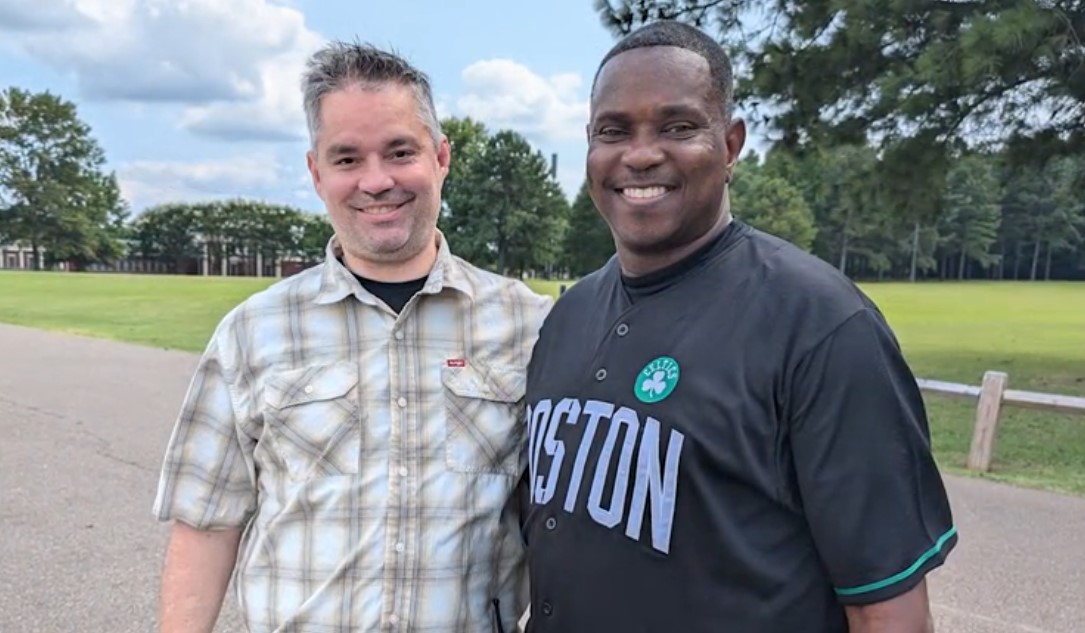MEMPHIS, Tenn. — As COVID took hold of the Mid-South, so did substance abuse and overdose deaths, and paramedics administered Narcan at alarming rates across Memphis.
For Debbie McDivitt, it was her biggest fear. Shelves in her home are lined with pictures of her son, Stephen.
“He was the baby of the family,” she said. “He was a jokester. He was funny. He kept us laughing.”
Following family hardship, McDivitt said she noticed a change in her son a few years ago. It was just after a doctor prescribed him pain pills for a bad toothache.
“Because Stephen was so tenderhearted, he didn’t handle crisis very well,” McDivitt said.
She said he told her he’d moved on from prescription pills to heroin.
“He just broke down and started crying. He said, ‘Mom, mom. I’m trapped. I’m trapped mom.'”
Stephen went to rehab two times. He was living with his family. They said he was highly functioning, and they thought he was fine.
But the family didn’t know Stephen gave in to his addiction again.
On June 2, 2017, McDivitt woke up to her house looking different.
“All the lights in the kitchen were on, and the cabinet doors in the food pantry were opened,” she said.
She searched her home, called his name and eventually, found her son on the floor in his bedroom.
Stephen overdosed. He was just 31 years old when he died. McDivitt said she later found out that the heroin he bought was laced with fentanyl.
“You know, I think the worst thing is watching your son getting carried out in a body bag. That’s hard to see,” she said.
McDivitt says when COVID hit, she was reminded of that pain, wondering how many more families would face what she did.
The CDC said fatal overdoses rose to record levels during the pandemic. It was a trend that hit Shelby County when the stay-at-home orders were issued.
The health department reports a significant increase in overdoses between April 20 through about May 27, 2020. In May 2020 alone, 50 people died due to suspected overdoses.
Officials sent out a series of alerts to the public, warning them about the spike that, by mid-May 2020, had impacted most ZIP codes in Shelby County.
The Memphis fire department was also busy. Last year, it administered Narcan, designed to reverse an overdose, more than 800 times — nearly twice the amount compared to 2019.
The most Narcan was given last year in the 38122 area — one out of every 10 times.
Last May, the health department says it quickly took action, holding a series of events that offered free Narcan, syringe service programs, info about treatment providers and harm reduction.
In June, the numbers of overdose-related deaths started to decrease, but 2020 was still significantly higher than past years.
As we begin 2021, overdose-related deaths remain higher than past years. Medical experts blame stressors like unemployment, and for so long, in-person support groups were put on hold.
The Salvation Army’s area commander, Major Marion Platt, said he’s seen a “slight uptick in interest” from people wanting to get their lives back. He said affordable treatment is hard to find even before an increase in demand.
“We are doing everything we can to make sure that people have access to programs that can help them get free of their substance abuse issues,” Platt said.
The Salvation Army offers free treatment to men and women between 21 and 65 years old. The six- to 12-month, spiritually based program provides wraparound services, counseling and work therapy.
Congress also responded to the demand for mental health and substance use services, allocating funding through the CARES Act and the Consolidated Appropriations Act.
But local officials say that isn’t enough. Effects will be long lasting and the community will need more resources to enhance local counseling services and easy access to treatment centers.
McDivitt said we need to be “more compassionate for these people” — people just like Stephen.
“Stephen was not that person that you think. He was none of those things. For my son to die like that, how could that happen?” she asked.
Help with addiction
If you are battling with addiction call 1-800-889-9789. It’s available 24 hours/7 days a week. Operators can provide information and referrals for treatment for people with substance abuse issues and also gambling addiction, depression, eating disorders and other issues.
Anyone who wants to volunteer or partner with the Health Department on STOP events should send an email to shelbytnhealth@shelbycountytn.gov. They always need volunteers and people with connections in the community who can help identify locations for future stop events.
